News

World Bank Approves Major Investment in Water Security for Cambodia
WASHINGTON, June 21, 2024 — Over 113,000 people in Cambodia are expected to benefit from better water supply infrastructure following the approval today of a new World Bank supported project.

THAIWATER2024

Knowledge and Application of Sewage Treatment
Sewage refers to water discharged from production and living activities. Humans use large amounts of water in daily life and production activities, and this water often becomes contaminated to varying degrees.
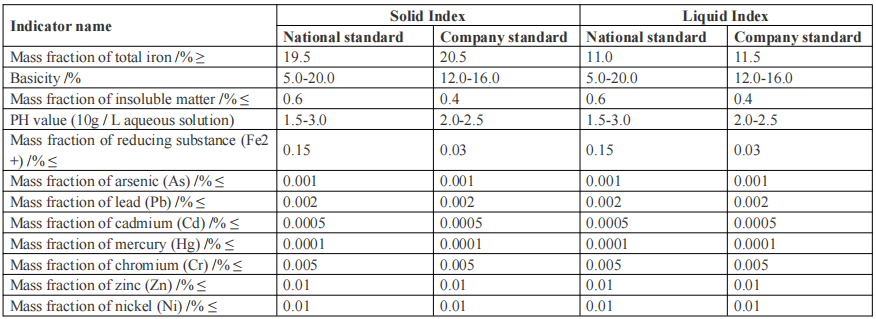
Usage Instructions for Polyferric Sulfate
Polyferric sulfate is an efficient iron-based inorganic polymer coagulant. It has excellent coagulation performance, forms dense flocs, and has a fast settling speed. The water purification effect is outstanding, and the water quality is high.
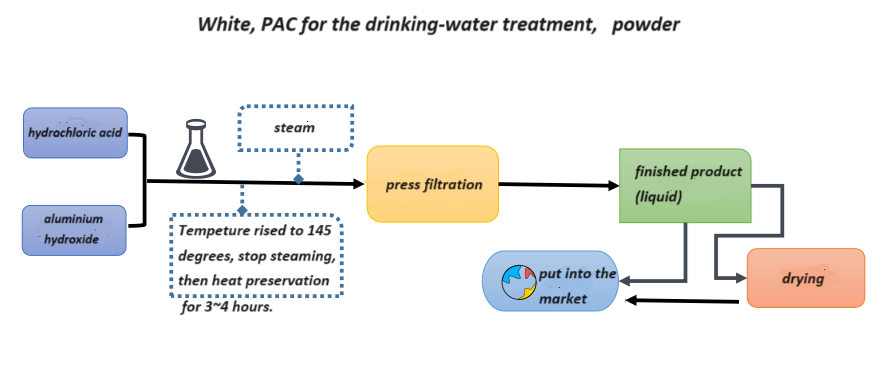
Poly Aluminum Chloride for Drinking Water Treatment
Introduction: Name: Poly Aluminum Chloride (PAC) for Drinking Water Treatment Technical Standard: GB15892-2020

Price of PAC Polyaluminium Chloride
The price of polyaluminium chloride should be accounted for according to its form, alumina content, purity, grade, quantity, delivery address, market conditions, etc.

2024 Top 10 Water Treatment Brands
2024 top ten brands of water treatment list, is the brand 100 network relying on the whole network of big data, according to the strength of the water treatment brand enterprises and popularity of the top ten brands of water treatment list, water treatment 10 big brand list.


AIERFUKE attend the Expo ASIAWATER 2024
AIERFUKE will attend the leading expo, ASIAWATER 2024,
23 - 25 April 2024
Kuala Lumpur Convention Centre
AIERFUKE’s booth no.:I110
Welcome to meet us during the exhibition period.
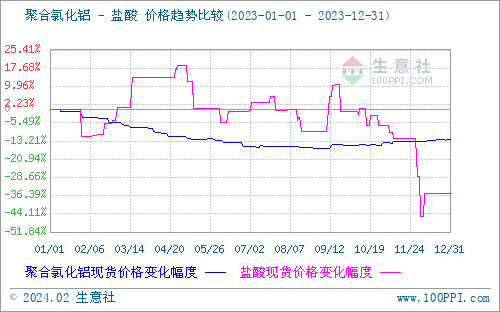
Trend Analysis And Future Market Outlook Of Polyaluminum Chloride In 2023
2023 polyaluminum chloride market review
According to the business community commodity market analysis system: 2023 domestic solid (industrial grade, content ≥28%) polyaluminum chloride market average price at the beginning of 2033.75 yuan/ton, at the end of 1777.50 yuan/ton, the annual decline of 12.60%. Among them, the highest point in the year appeared on January 1, 2033.75 yuan/ton, and the lowest point in the year appeared on August 29, 1700.00 yuan/ton, and the maximum amplitude in the year was 16.41%. Polyaluminum chloride market 2023 market high fall.

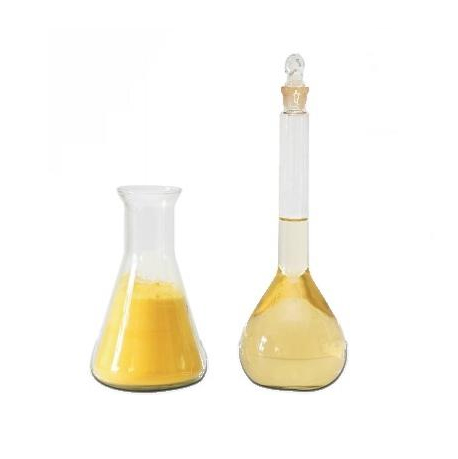 PAC
PAC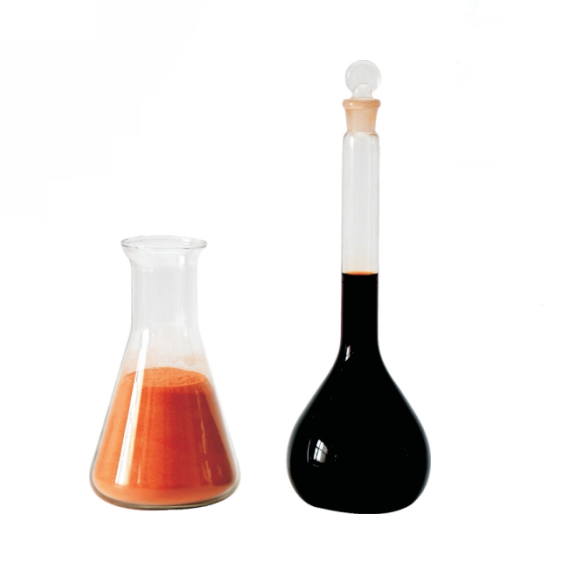 PFS
PFS Industry News
Industry News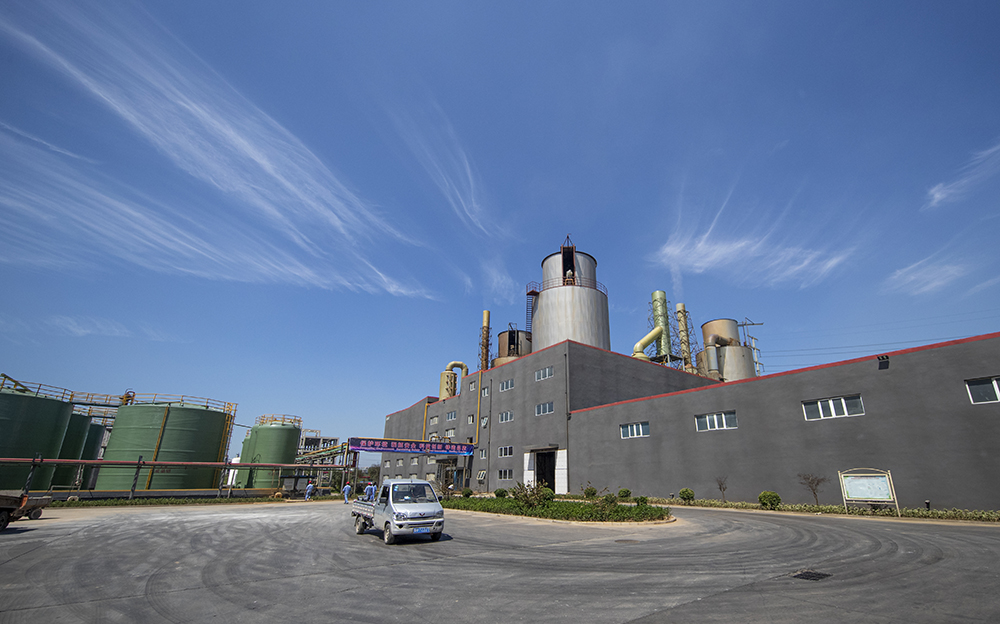 Exhibition News
Exhibition News
 Send Email
Send Email Phone
Phone